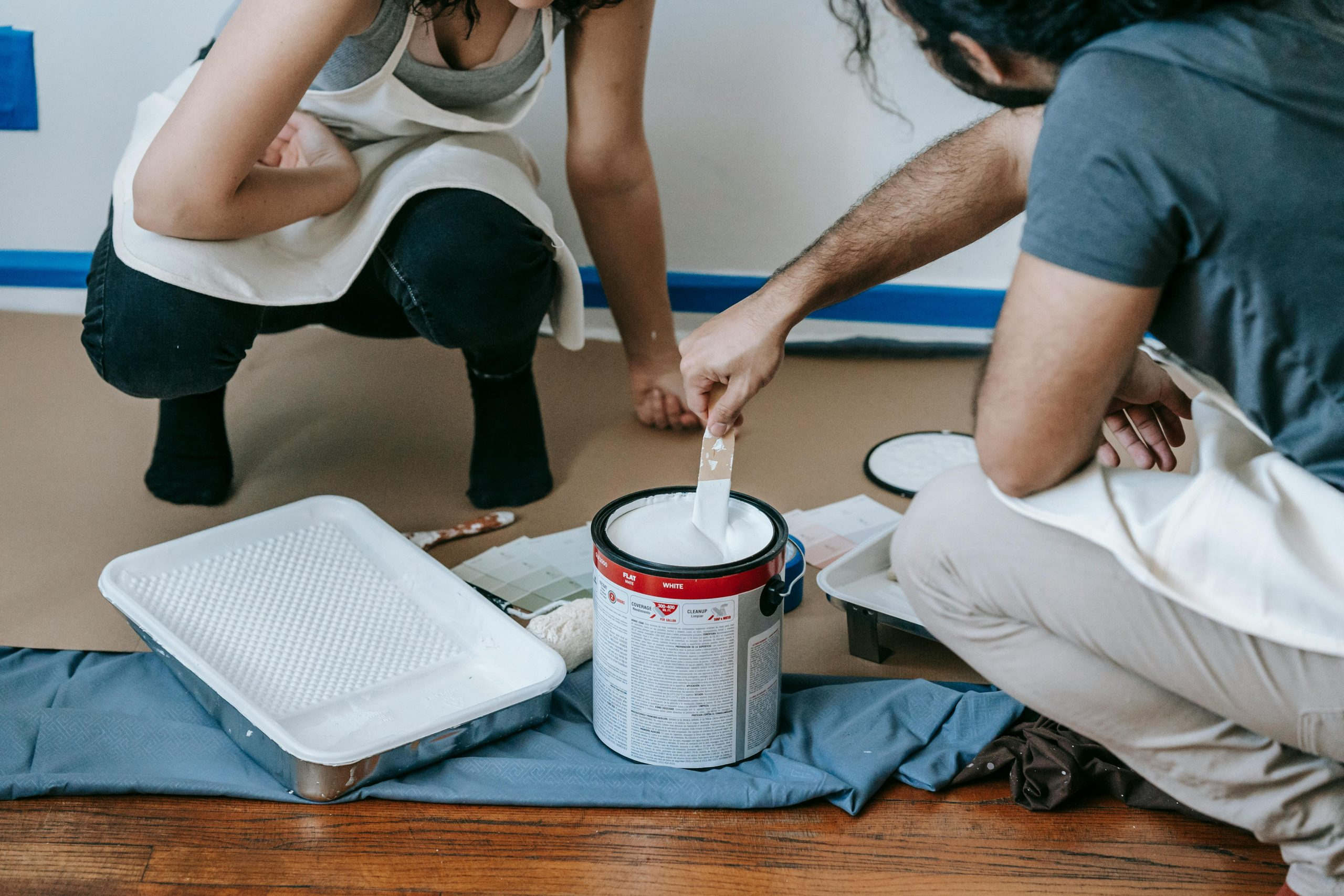How to Become a Better Listener and Improve Relationships
As social creatures, we value relationships in our lives. Whether it’s with family, friends, or partners, we derive a sense of happiness and fulfillment from the people around us. However, what often gets in the way of maintaining healthy relationships is our ability to listen. In a world where everyone wants to be heard, we often forget the importance of being a good listener. But fear not, becoming a better listener is a skill that can be honed and will not only improve your relationships but also your overall well-being. In this article, we will explore the steps you can take to become a better listener and improve your relationships.
The Importance of Listening in Relationships
Before we delve into the how-to’s of becoming a better listener, let’s first understand why listening is crucial in relationships. When we listen to someone, we validate their feelings and thoughts. It shows that we care and that what they have to say is important. Good listening also promotes mutual understanding and reduces misunderstandings. It allows for effective communication, which is the foundation of any healthy relationship. When we truly listen, we become more empathetic and build a better connection with the other person. On the other hand, poor listening can lead to conflicts, feelings of being unheard, and a breakdown in communication.
Hone Your Active Listening Skills
1. Pay Attention and Be Present
One of the most crucial aspects of being a good listener is paying attention. When someone is talking to you, give them your undivided attention. Put away all distractions, such as your phone or other tasks. Maintaining eye contact and nodding your head are also simple ways to show that you are present in the conversation.
2. Show Empathy
Empathy is the ability to understand and share another person’s feelings. It is a vital skill when it comes to listening. Try to put yourself in the other person’s shoes and see things from their perspective. This will help you understand their emotions and respond appropriately.
3. Ask Open-Ended Questions
Asking open-ended questions encourages the other person to share more and allows for a deeper level of understanding. These types of questions also show that you are genuinely interested in what they have to say. Examples of open-ended questions include “How did that make you feel?” and “Can you tell me more about it?”
4. Reflect and Clarify
Reflecting and clarifying what the other person has said is an essential part of active listening. It helps to ensure that you have understood them correctly and that there is no miscommunication. You can do this by paraphrasing what they said or asking for clarification on certain points.
Be Mindful of Your Body Language
Our body language can also play a significant role in how well we listen. Non-verbal cues such as nodding, maintaining eye contact, and facing the person while they are speaking can show that we are actively listening. On the other hand, crossed arms, fidgeting, and avoiding eye contact can give off the impression that we are disinterested or not fully engaged in the conversation.
Don’t Make it About You
Often, when someone is telling us something, we tend to make it about ourselves. For instance, when a friend is sharing a story about their bad day at work, we might reply with a similar experience we had rather than empathizing with them. While sharing your own experiences can be helpful, it’s important to let the other person have their moment and not overshadow it with your own stories.
Practice Mindful Listening
Mindful listening is the act of being fully present in the moment and paying attention to what is being said without distractions or judgment. It takes practice, but once you incorporate it into your daily interactions, it can significantly improve your listening skills and deepen your relationships.
In Conclusion
Becoming a better listener is an ongoing process that requires effort and conscious attention. By honing your active listening skills, being mindful of your body language, and avoiding making conversations about yourself, you can become a better listener and improve your relationships. Remember, listening is not just about using your ears; it’s about showing genuine care and empathy towards the other person. So, the next time someone is speaking to you, put these tips into action, and watch your relationships flourish.









